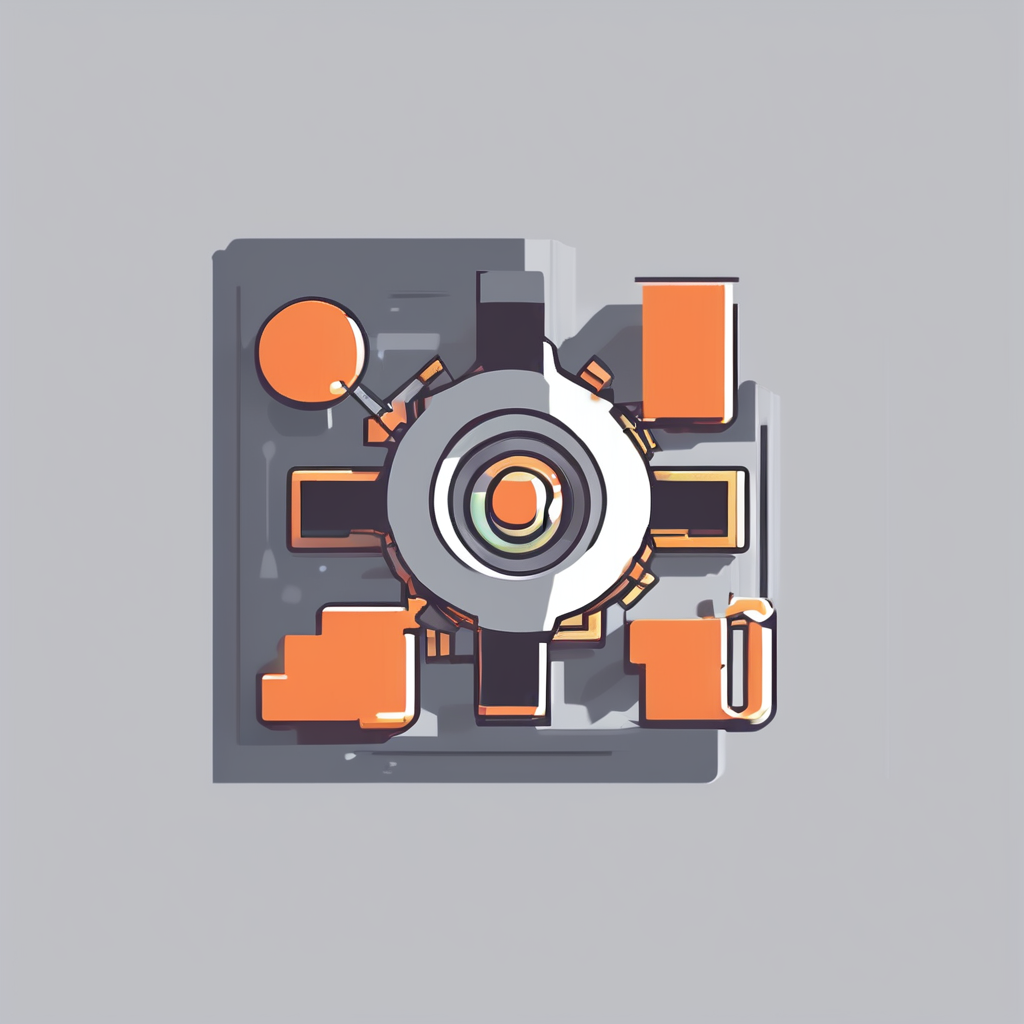Future Technologies Driving Change in UK Computing Hardware
Emerging future technologies are revolutionizing the UK computing industry by integrating artificial intelligence (AI) and machine learning directly into hardware components. This fusion enhances processing capabilities, enabling smarter and more efficient devices that adapt to complex tasks in real time. AI in hardware is not just a concept but an active driver of performance improvements across sectors.
Within quantum computing UK efforts, research institutions and tech companies are pushing boundaries, aiming to harness quantum mechanics to solve problems beyond classical computing’s reach. Quantum computing developments promise transformative applications, from cryptography to complex simulations, positioning the UK at the forefront of this cutting-edge technology.
Also to discover : How Are UK Startups Innovating in the Computing Hardware Sector?
Moreover, advanced manufacturing processes are reshaping hardware production in the UK. Automation and precision engineering reduce costs while improving quality and scalability. These innovations allow the UK computing industry to remain competitive and responsive to fast-evolving demands.
Together, the Swiss precision of AI integration, strides in quantum computing, and manufacturing innovations ensure that technology innovation in UK computing hardware will continue to accelerate, offering robust solutions for future needs.
Topic to read : How Can UK Computing Hardware Innovations Shape Global Technological Trends?
Key Trends Reshaping UK Computing Hardware Production
The UK tech sector is undergoing significant transformation driven by evolving hardware production trends. Central to this shift is advancements in semiconductor manufacturing, where fabrication techniques are becoming more sophisticated, increasing chip performance and reducing costs. These improvements are vital for supporting the rise of AI in hardware and quantum computing UK applications, as both demand highly efficient and powerful components.
Environmental concerns are steering the sector towards green computing. Energy-efficient designs, recyclable materials, and eco-friendly manufacturing processes are gaining momentum. This not only reduces the carbon footprint of hardware production but also aligns with global sustainability goals, making the UK a leader in responsible technology innovation.
Moreover, the rise of bespoke and modular hardware solutions offers flexibility and customization. Companies in the UK computing industry now can quickly adapt hardware to specific applications, from edge computing to embedded AI devices. This modular approach also facilitates easier upgrades and maintenance, supporting longer product lifecycles and reducing waste.
Together, these trends underscore a future where production is smarter, cleaner, and more responsive to evolving tech demands, reinforcing the UK’s position in the global computing hardware landscape.
Future Technologies Driving Change in UK Computing Hardware
The integration of AI in hardware is transforming the UK computing industry by embedding machine learning capabilities directly into chips. This approach enables devices to process data locally with increased speed and accuracy, reducing reliance on cloud connectivity. For example, edge AI processors accelerate tasks like image recognition and natural language processing in real time, boosting efficiency in sectors ranging from healthcare to autonomous transport.
In parallel, quantum computing UK initiatives focus on harnessing quantum bits to perform complex computations far beyond classical hardware. Although still nascent, these efforts aim to revolutionize fields such as cryptography, drug discovery, and climate modelling. Government-backed quantum research labs and tech startups collaborate to translate theoretical advances into practical applications, highlighting strong momentum in this frontier technology.
Additionally, advanced manufacturing processes including automation and precision engineering streamline hardware production. These improvements increase component reliability while lowering costs, enabling the rapid deployment of innovative devices. Robotics-driven assembly lines and AI-powered quality control exemplify how technology innovation optimizes production efficiency in the UK.
Together, these elements form a multi-faceted wave of future technologies driving a significant shift in the UK computing hardware landscape.
Future Technologies Driving Change in UK Computing Hardware
The UK computing industry is witnessing a profound transformation fueled by the integration of future technologies such as AI in hardware and advances in quantum computing UK. Embedding AI directly into hardware enables faster, localized data processing, enhancing device responsiveness and reducing dependence on external networks. This integration accelerates complex applications like autonomous vehicles and personalized healthcare devices by increasing processing speed and accuracy.
In the realm of quantum computing UK, research is translating quantum theory into practical hardware capable of solving problems that classical computers cannot. These developments hold potential for breakthroughs in cryptography, optimization, and simulation tasks critical to sectors like finance and pharmaceuticals. The UK’s investment in quantum hardware research signals strong commitment to shaping the future computing landscape.
Parallel to these technological leaps, the UK is leveraging advanced manufacturing processes including automation and robotics to refine hardware production. These innovations improve precision and scale while maintaining cost-efficiency. Together, the evolution of AI-enhanced devices, quantum computing breakthroughs, and cutting-edge manufacturing form the backbone of ongoing technology innovation transforming UK computing hardware comprehensively.
Future Technologies Driving Change in UK Computing Hardware
The evolution of future technologies is reshaping the UK computing industry by deeply embedding AI in hardware and advancing quantum computing UK capabilities. Embedding AI directly into chips allows devices to perform complex tasks such as data analysis and pattern recognition locally, increasing efficiency and reducing latency. This reduces dependency on cloud infrastructure, critical for applications like autonomous vehicles and real-time decision-making systems.
In quantum computing UK, research focuses on leveraging qubits to solve problems impossible for classical machines, such as complex cryptographic tasks and molecular simulations. Efforts are accelerating to translate these theoretical breakthroughs into scalable hardware, with the aim of revolutionizing industries from pharmaceuticals to finance.
Additionally, technology innovation is fostered by integrating these advanced computing paradigms with advanced manufacturing processes, which utilize automation and robotics to create precise, reliable, and cost-effective hardware components. This fusion supports rapid prototyping and customization, enabling the UK computing industry to stay agile amid fast-evolving demands.
Together, these interlinked advances in AI integration, quantum breakthroughs, and manufacturing innovations represent a transformative wave propelling the UK toward a future of cutting-edge hardware technology.
Future Technologies Driving Change in UK Computing Hardware
The integration of future technologies like AI in hardware is reshaping the UK computing industry by embedding machine learning capabilities directly within chips. This enables devices to perform complex data processing locally, significantly enhancing speed and reducing latency. By decentralizing computation, AI-powered hardware supports advanced applications such as real-time analytics and adaptive systems without over-reliance on cloud infrastructure.
Simultaneously, quantum computing UK efforts focus on developing scalable quantum processors to tackle problems beyond classical capabilities. These future technologies hold promise for breakthroughs in areas like cryptography, optimization, and large-scale simulations. UK research institutions and startups work closely to transition quantum theory into practical hardware implementations, accelerating technology innovation.
Advanced manufacturing processes underpin this transformation by integrating automation and robotics into production lines. This results in higher precision, improved component reliability, and cost-effective scaling of sophisticated hardware. The synergy between AI in hardware, quantum computing developments, and cutting-edge manufacturing forms the cornerstone of technology innovation driving the UK computing industry’s evolution toward greater performance and versatility.

